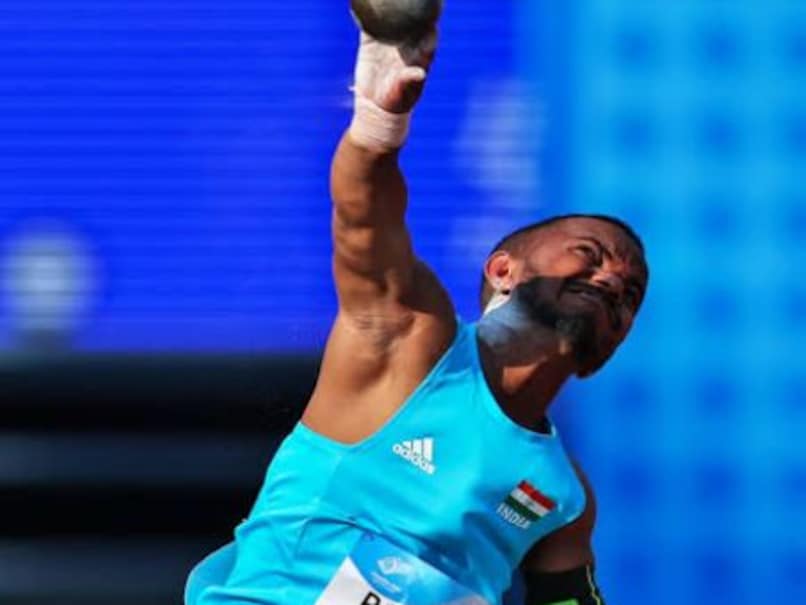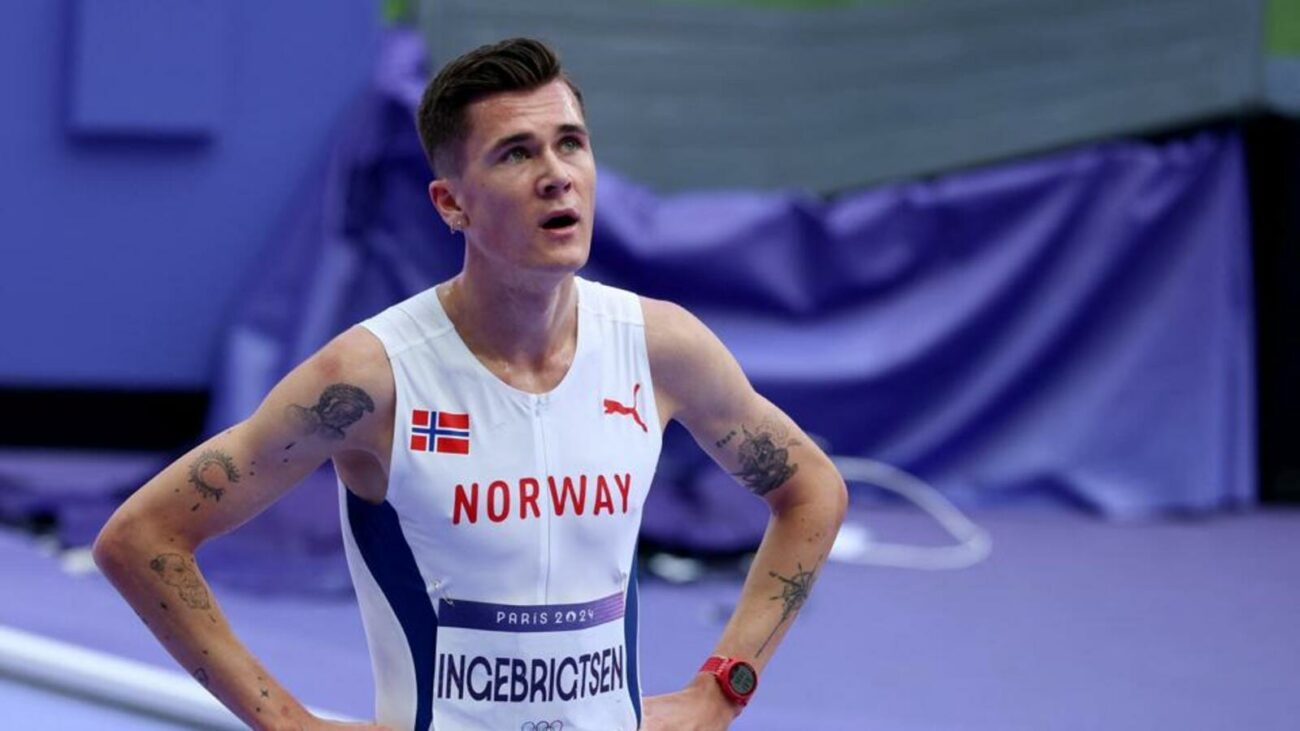Indian Para-Athletes Shine at Paris Paralympics: Rongali Fifth in Shot Put, Raju Bows Out
India’s Ravi Rongali showcased an impressive performance in the men’s F40 shot put final at the Paris Paralympics, securing a commendable fifth place. Rongali, who had previously earned a silver medal at the Asian Para Games in China, achieved a personal best of 10.63m. However, this was not sufficient to secure a podium finish in a highly competitive field.
Portugal’s Miguel Montero, the world record holder, claimed the gold medal with a throw of 11.21m. Mongolia’s Battulga Tsegmid (11.09m) and Iraq’s Garrah Tnaiash (11.03m) secured the silver and bronze medals, respectively. Russian Denis Gnezdilov, the reigning world para athletics champion, finished fourth with a throw of 10.80m.
In the women’s 1500m T11 race, India’s Rakshita Raju faced disappointment in the opening round heats. Raju, 23, finished last out of four runners in Heat 3 with a timing of 5:29.92s. Only the top two runners from each heat qualified for the final.
The T11 category is designated for athletes with visual impairments, including complete loss of vision or limited ability to perceive light. These athletes often run with guides.
On Friday, Preethi Pal had made history by winning India’s first athletics medal in a Paralympics track event. Pal secured a bronze medal in the women’s T35 100m event with a personal best time of 14.21 seconds. The T35 classification is for athletes with coordination impairments such as hypertonia, ataxia, and athetosis.


